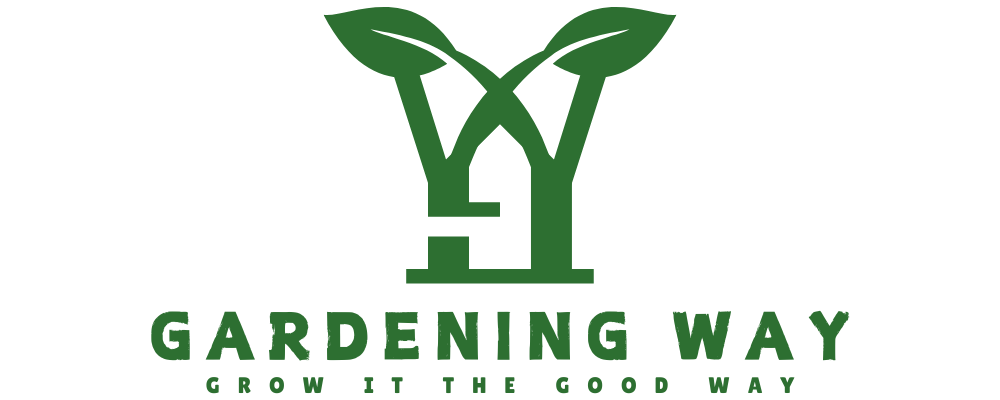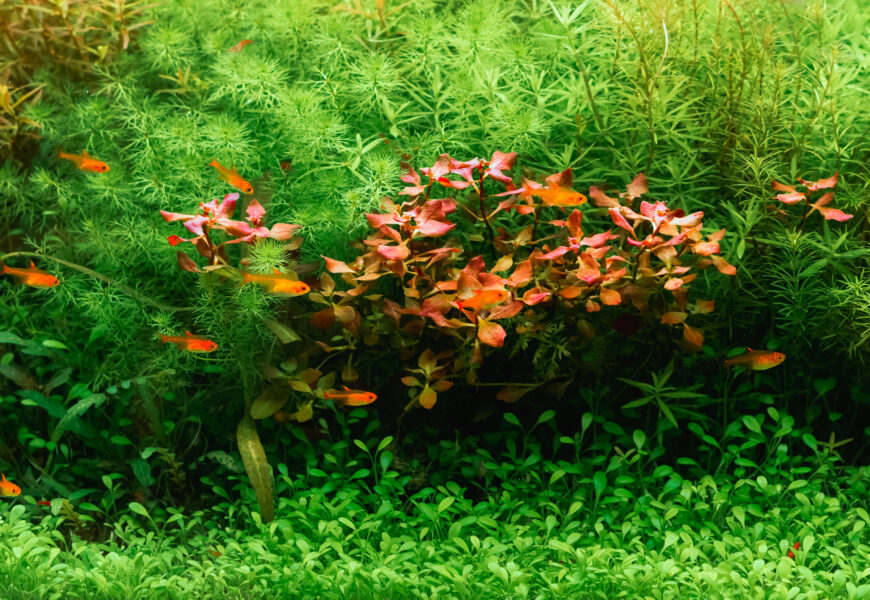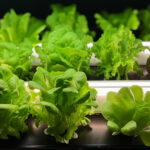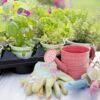The art of creating planted fish bowls combines the tranquility of aquascaping with the joy of keeping aquatic pets. These mini-ecosystems serve as stunning living decorations and provide a healthy, natural environment for your aquatic friends. Let’s explore how to create and maintain these fascinating underwater gardens.
Understanding the Ecosystem
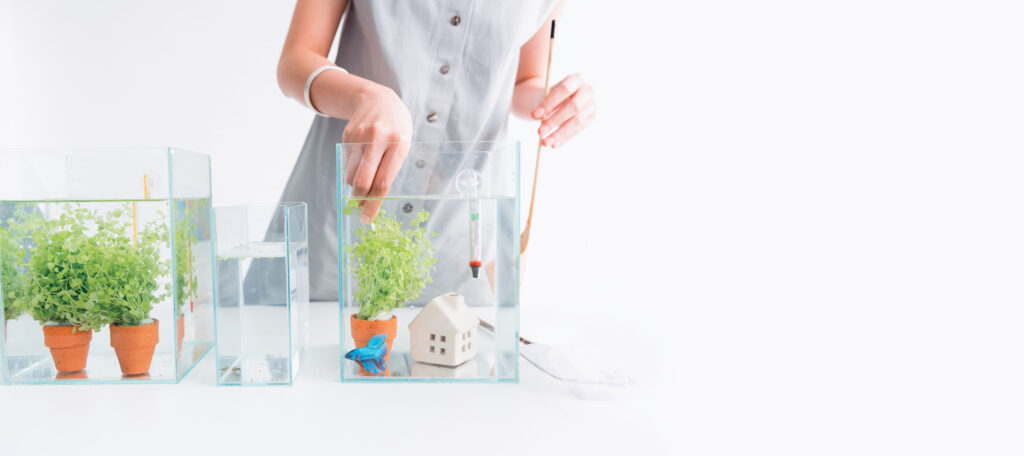
A successful planted fish bowl relies on the delicate balance between:
- Plant growth and fish waste
- Light and nutrients
- Oxygen and carbon dioxide
- Beneficial bacteria colonies
- Water chemistry
Choosing the Right Container
Not all bowls are created equal. Consider these factors:
- Minimum 2-gallon capacity for healthy ecosystem
- Wide opening for easy maintenance
- Quality glass for better light distribution
- Stable base to prevent accidents
Essential Components
Substrate Layer
- Use aqua soil or fine gravel (1-3mm)
- Add root tabs for plant nutrition
- Create depth variation for visual interest
- Maintain 1-2 inches in front, sloping to 3-4 inches in back
Plant Selection
Best plants for fish bowls include:
Foreground Plants
- Dwarf Hair Grass (Eleocharis parvula)
- Monte Carlo (Micranthemum tweediei)
- Marsilea hirsuta
Midground Plants
- Anubias nana petite
- Cryptocoryne wendtii
- Java Fern ‘Windelov’
Background Plants
- Rotala rotundifolia
- Hygrophila polysperma
- Vallisneria nana
Selecting Compatible Fish
Choose fish that thrive in smaller spaces:
- Betta fish (one per bowl)
- Chili rasboras (small group)
- Endler’s livebearers
- Celestial Pearl Danios
- Small shrimp species
Maintenance Schedule
Daily Care
- Check water temperature
- Monitor fish behavior
- Remove any dead plant matter
- Feed fish appropriately
Weekly Tasks
- 20-25% water change
- Trim plants as needed
- Test water parameters
- Clean glass gently
Monthly Maintenance
- Deep substrate cleaning
- Root tab replacement if needed
- Filter media maintenance
- Plant health assessment
Creating Natural Balance
Achieving stability requires attention to:
- Lighting
- 6-8 hours daily
- Medium intensity LED
- Natural daylight rhythm
- Filtration
- Small sponge filter
- Gentle flow rate
- Regular cleaning
- Water Parameters
- Temperature: 72-78°F
- pH: 6.5-7.5
- Ammonia: 0 ppm
- Nitrites: 0 ppm
- Nitrates: <20 ppm
Common Challenges and Solutions
Challenge: Algae Growth Solution: Reduce lighting duration, increase plant mass, consider adding cleanup crew like snails
Challenge: Cloudy Water Solution: Check filtration, reduce feeding, increase water changes
Advanced Tips
For experienced bowl keepers:
- Experiment with CO2 injection
- Try carpeting plants
- Create themed landscapes
- Add natural botanicals
Long-Term Success Strategies
- Start slowly and be patient
- Research plant and fish compatibility
- Invest in quality equipment
- Keep maintenance consistent
- Document changes and growth
Remember, a planted fish bowl is a living artwork that evolves. The key to success lies in understanding the balance between all elements and maintaining consistent care routines. With proper attention and patience, your bowl will develop into a thriving miniature aquatic world that brings joy and tranquility to your space.
